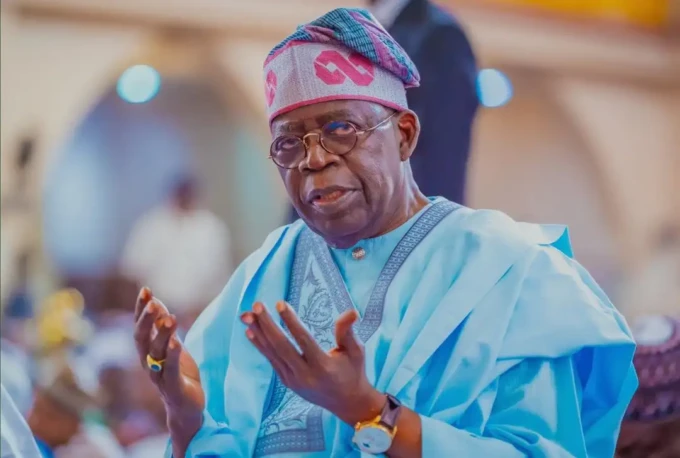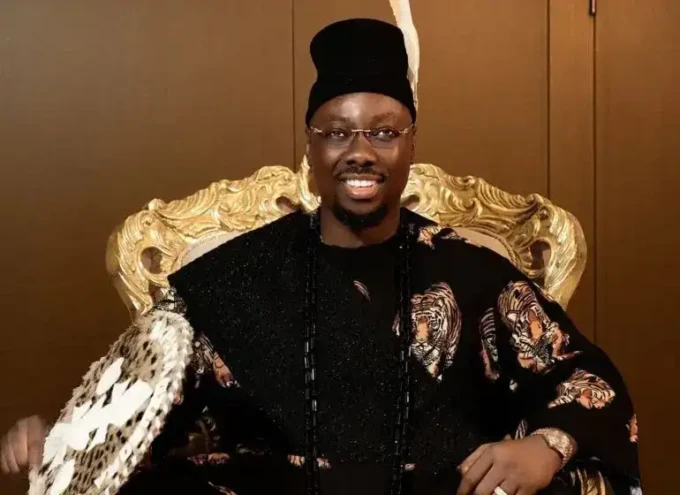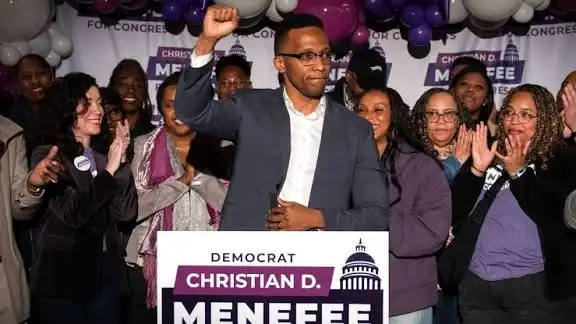President Donald Trump has announced plans to deploy National Guard troops to Chicago in a bid to address urban crime. During a recent Oval Office event, he stated, “We’re going in,” when asked about this potential move. The proposal has sparked substantial backlash from local and state officials. Illinois Governor J.B. Pritzker labeled the idea an “invasion with U.S. troops,” arguing that there is no emergency that justifies such federal intervention.
Chicago Mayor Brandon Johnson echoed these concerns, warning that the deployment could exacerbate tensions between residents and law enforcement and might undermine ongoing efforts to reduce violent crime in the city.
The Trump administration has previously sent National Guard forces to major urban centers like Los Angeles and Washington, D.C., as part of crime reduction strategies. However, these actions face legal challenges and criticism from local leaders, who maintain that such military deployments are unnecessary and may worsen existing societal tensions.
As discussions ensue, the situation raises important questions about the balance of power between federal authority and state sovereignty, particularly regarding the deployment of military forces on state soil without the consent of local officials.
The outcomes of these deliberations hold significant implications for future federal intervention in matters of local law enforcement and public safety. The interplay between addressing urban crime and respecting state rights remains a contentious issue, with local leaders calling for more collaboration rather than military enforcement.












Leave a comment